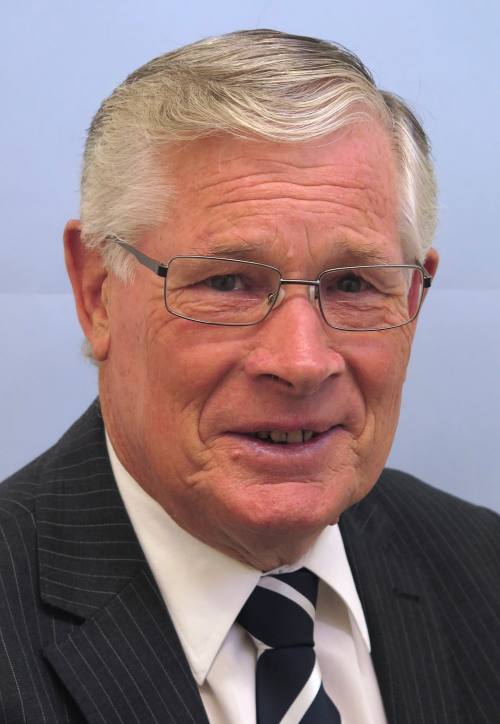COVID-19 has dealt a blow to the region this year that is going to be felt for a long time, which is why we must adapt and work hard to ensure we help communities get back on their feet.
These are once in a generation circumstances and we need to accept that the world will be different. The pandemic has forced not only a great shift from the traditional ways of working to a more distributed and remote mode, but also revealed an increased level of empathy for others.
As the Western Bay Council worked towards finalising its 2020-21 Annual Plan, we were mindful of the delicate balance required between real financial prudence and keeping our economy going in a post COVID-19 environment.
We are really fortunate that in our district we have two significant sectors that are enjoying a reasonable degree of growth.
First, the Kiwifruit industry is planning to double its output over the next 10 years and second, our population growth was forecast to continue, which will see the continuation of new houses being built.
As a district, and region, we must continue to embrace adaptability, flexibility, and quick reaction to help the local economy by being nimble and able to kick-start good projects and create jobs.
Council plays a vital role in this process to rebuild communities, particularly as a way to focus central government funding through to local communities and also with our own projects, infrastructure and processes such as consenting and regulatory roles.
Infrastructure crucial for the region
Our $515 million Crown Infrastructure Partners bid is testament to this commitment to ensure an immediate stimulatory effect on the construction industry, its workforce and the economy.
The 16 district-wide projects we applied for will involve significant labour input, which would go some way to ensuring those displaced as the direct result of COVID-19 will have opportunities to find a new employment.
As a well-managed provincial council, Western Bay of Plenty District Council has a track record of working constructively in partnership, both as lead and in support of others.
Therefore, our bid is part of a coordinated Bay of Plenty regional package to support the economic recovery of New Zealand.
The projects are consistent with the long-term direction of both the SmartGrowth BOP partnership and the Urban Form and Transport Initiative (UFTI) initiative, which aim to deliver a step change in housing, transport and place-making for the sub-region’s communities.
It’s thinking about what we can and should do, together, to get the best possible outcome for the region.
If successful, and linked with the $900 million Tauranga Northern Link, this would be a huge win for the district to ensure the region thrives by taking advantage of economic growth opportunities.
While the future remains somewhat unclear post-pandemic, it is imperative we all learn from the digital experiences we have faced under the initial phases of Covid-19 to our advantage to modernise our own businesses and the economy so as to provide real benefit to those areas that matter most within our communities.


